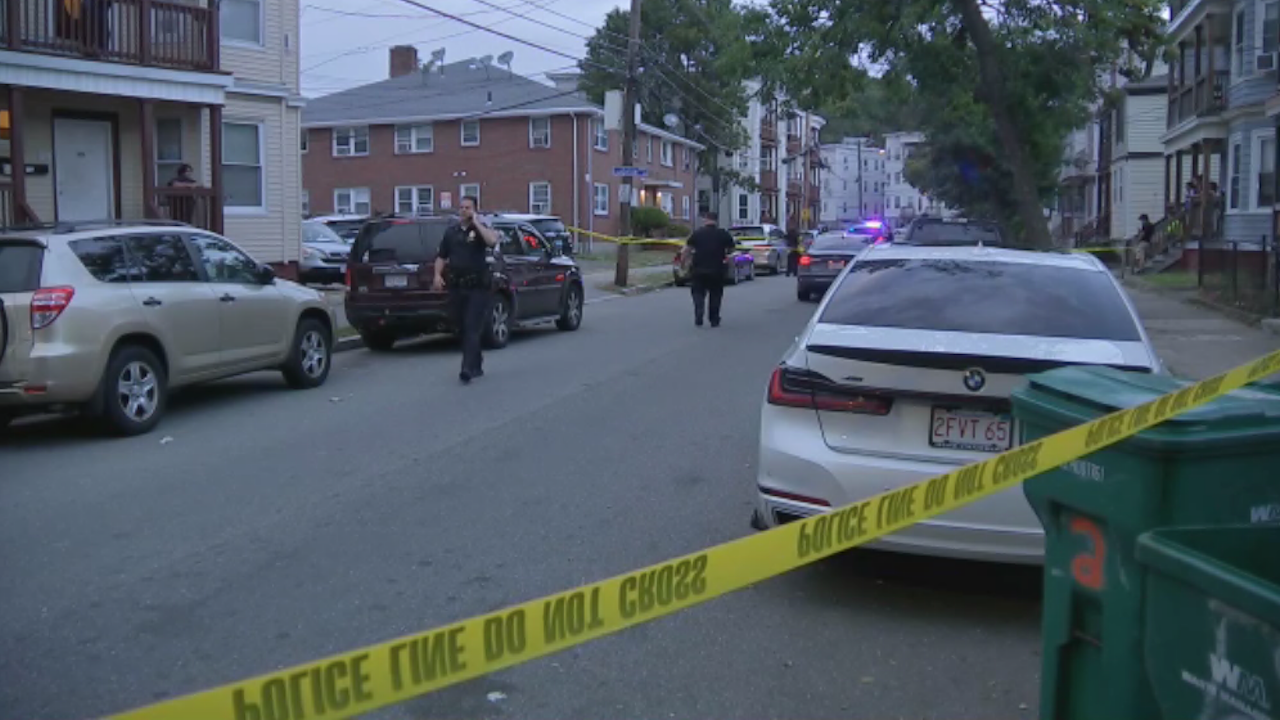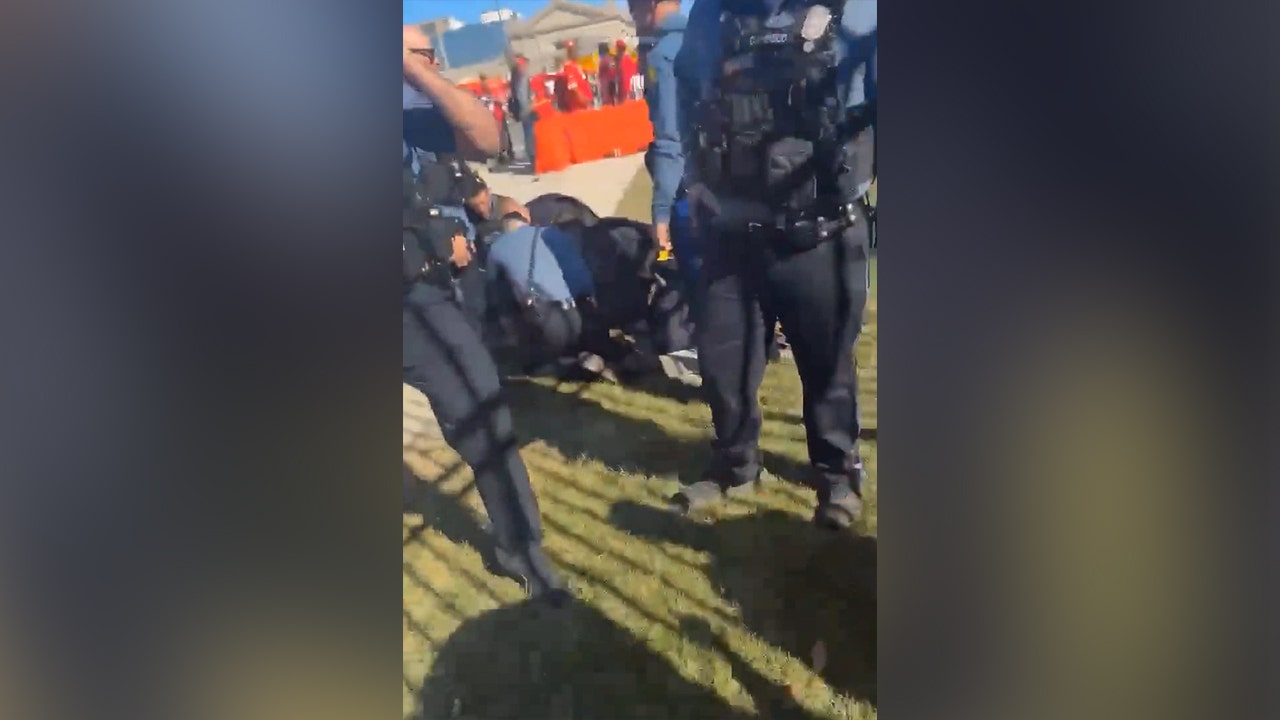Murder-Suicide In Kansas City: Understanding The Tragedy And Its Impact
Acts of murder-suicide are among the most harrowing and complex incidents that communities face, and Kansas City has not been immune to such tragedies. Understanding the dynamics behind these events is crucial for both prevention and healing. In this article, we will delve into the phenomenon of murder-suicide in Kansas City, exploring its causes, patterns, and the broader implications for society.
When a murder-suicide occurs, it leaves a ripple effect of grief and confusion in its wake. The victims, families, and communities are deeply affected, and the need for awareness and intervention becomes paramount. By examining the factors that contribute to these devastating events, we can work toward reducing their occurrence and providing support to those impacted.
This article aims to provide comprehensive insights into murder-suicide cases in Kansas City, offering valuable information for individuals, families, law enforcement, and mental health professionals. We will explore the warning signs, the role of mental health, and the importance of community support in addressing this issue.
Read also:Red Lake Falls Mn Funeral Home A Compassionate Guide To Your Farewell Journey
Table of Contents
- Introduction
- Defining Murder-Suicide
- Statistics in Kansas City
- Causes of Murder-Suicide
- Warning Signs
- Community Impact
- Mental Health Support
- Law Enforcement's Role
- Prevention Strategies
- Resources for Help
- Conclusion
Defining Murder-Suicide
Murder-suicide refers to the act of an individual taking the life of another person or persons before ending their own life. This complex and tragic event often involves intimate relationships, such as partners, family members, or close acquaintances. In the context of Kansas City, murder-suicide cases have been documented over the years, highlighting the need for understanding and intervention.
Statistics in Kansas City
Data from law enforcement agencies and research studies indicate that murder-suicide incidents in Kansas City, while rare, are not uncommon. According to the Federal Bureau of Investigation (FBI), approximately 1,000 murder-suicides occur annually in the United States, with domestic disputes being a significant contributing factor. In Kansas City, the numbers may fluctuate year by year, but the underlying issues remain consistent.
Key Statistics:
- Approximately 90% of murder-suicide cases involve a male perpetrator.
- Domestic violence is a leading factor in 60-70% of cases.
- Firearms are the most common method used in these incidents.
Causes of Murder-Suicide
Understanding the causes of murder-suicide is essential for developing effective prevention strategies. Several factors contribute to these tragic events, including personal, social, and environmental influences.
Domestic Violence
Domestic violence is a significant precursor to murder-suicide incidents. In many cases, the perpetrator has a history of abusive behavior toward their partner or family members. The dynamics of power and control often escalate, leading to fatal outcomes. According to the National Coalition Against Domestic Violence (NCADV), domestic violence accounts for a substantial portion of murder-suicide cases nationwide.
Mental Health Issues
Mental health plays a critical role in the occurrence of murder-suicide. Individuals experiencing severe depression, anxiety, or other mental health disorders may feel overwhelmed and see no other way out. The stigma surrounding mental illness often prevents individuals from seeking help, exacerbating the situation.
Read also:Explore The Thrills Of Jet Ski Tours In San Juan Puerto Rico
Warning Signs
Recognizing the warning signs of potential murder-suicide can save lives. While each case is unique, certain patterns and behaviors may indicate an increased risk:
- Verbal threats of harm to oneself or others.
- Increased aggression or violent behavior.
- Feelings of hopelessness or despair.
- Isolation from friends and family.
- Recent job loss or financial difficulties.
Community members, friends, and family play a crucial role in identifying these signs and taking appropriate action.
Community Impact
The impact of murder-suicide extends far beyond the immediate victims. Families, friends, and communities are left to cope with the emotional and psychological aftermath. Grief, guilt, and trauma are common responses, and support systems are essential for healing. Community organizations and mental health professionals can provide resources and guidance to those affected.
Mental Health Support
Access to mental health services is vital in preventing murder-suicide. Early intervention and treatment can address underlying issues before they escalate. Mental health professionals in Kansas City offer a range of services, including counseling, therapy, and crisis intervention. Educating the public about mental health and reducing stigma are also key components of prevention efforts.
Law Enforcement's Role
Law enforcement agencies in Kansas City play a crucial role in addressing murder-suicide. Officers are trained to recognize the signs of potential violence and to intervene when necessary. Collaboration with mental health professionals and community organizations enhances their ability to respond effectively. Additionally, implementing policies that prioritize de-escalation and conflict resolution can reduce the likelihood of tragic outcomes.
Prevention Strategies
Preventing murder-suicide requires a multifaceted approach that involves individuals, families, communities, and institutions. Key strategies include:
- Promoting awareness and education about domestic violence and mental health.
- Providing accessible mental health services and support.
- Encouraging open communication and conflict resolution skills.
- Implementing gun safety measures and regulations.
By addressing the root causes and fostering a supportive environment, communities can work together to prevent these tragedies.
Resources for Help
For individuals and families affected by murder-suicide, a variety of resources are available in Kansas City:
- National Domestic Violence Hotline: 1-800-799-SAFE (7233)
- Suicide Prevention Lifeline: 1-800-273-TALK (8255)
- Local Mental Health Centers: Contact information can be found on the Kansas City Health Department website.
These resources provide confidential support and guidance to those in need.
Conclusion
Murder-suicide in Kansas City is a complex issue with far-reaching consequences. By understanding the causes, recognizing the warning signs, and implementing effective prevention strategies, communities can work toward reducing the occurrence of these tragic events. It is essential for individuals, families, law enforcement, and mental health professionals to collaborate in addressing this issue.
We invite you to share your thoughts and experiences in the comments section below. Your voice can make a difference in raising awareness and promoting change. Additionally, consider exploring other articles on our site for more information on related topics. Together, we can create a safer and more supportive community for everyone.



